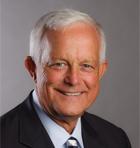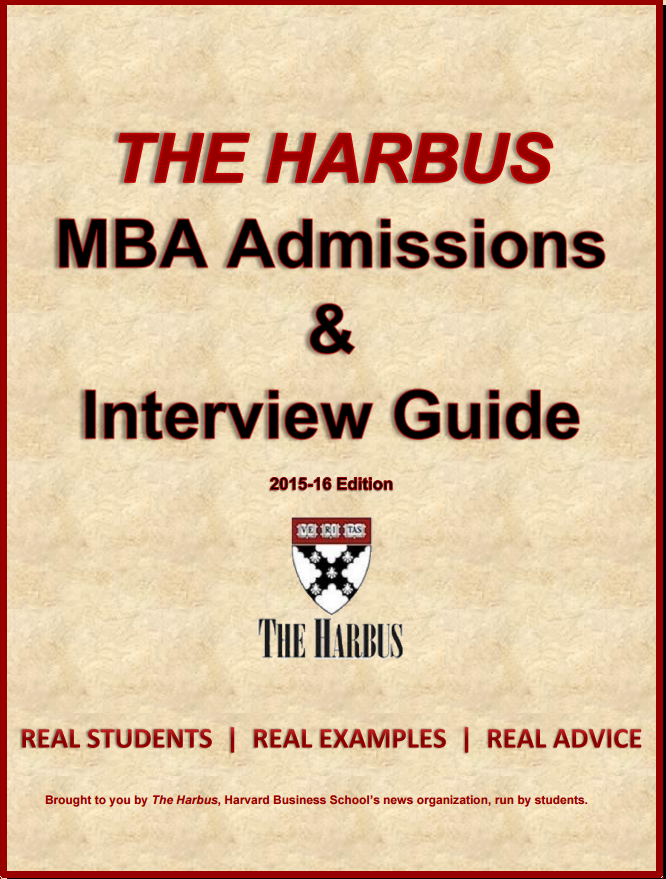
Professor Kevin Sharer, former CEO of Amgen, has some advice for leaders who find themselves charged with investigating and cleaning up a catastrophe.
It has happened again. For the at least fifth time in fifteen years another enormous, preventable, and egregious transgression has been purposefully or carelessly committed by a previously respected company. It will reverberate in many ways for years to come inside the company and in the world of business at large. VW’s chairman called it a “political and moral catastrophe”- he could have also added economic catastrophe. This is a body blow to the reputation of business in society and to business leaders everywhere who all to one degree or another depend on public trust and support to be successful. Hopefully there is and will be intense conversation, analysis, and debate about what are the root causes and what is to be done.
HBS’s mission is to develop ethical leaders who would never initiate, allow to continue, or condone such unacceptable actions. Let’s shift our attention and conduct an examination of what you should do if you ever find yourself leading, participating in, or advising a leader who is charged with finding out what happened, making amends, fixing the root causes, and restoring the enterprise to health. While you hopefully will not be involved in a situation of VW’s magnitude, seriousness, and scope; my hunch is that you will face a situation where  you need to respond to a complex, high-visibility, and important crisis sometime in your career. Now is a good time to think about how you would structure your approach. We can use VW as an example, but the lessons are broadly generalizable. Here is what a memo to Dr. Müller as he begins his work might look like as a way to illustrate an approach to recovering from a major crisis:
you need to respond to a complex, high-visibility, and important crisis sometime in your career. Now is a good time to think about how you would structure your approach. We can use VW as an example, but the lessons are broadly generalizable. Here is what a memo to Dr. Müller as he begins his work might look like as a way to illustrate an approach to recovering from a major crisis:
Dear Dr. Müller,
You have just been handed the toughest and arguably most important job in business today. Your insider status can help, since you know all the players and the business. However, your insider status will not be helpful in the eyes of the many people, who will be the critical judges of your work in the political, legal, regulatory, press/social media, and customer worlds. They will presume your main goal will be to as quickly as possible move on and protect the company and your colleagues. In short, they will not see you as independent and will be deeply skeptical of your efforts. We bring this up not to accuse or prejudge you but make the point that the first thing you must do is to understand the context of the situation.
A full analysis should be done to identify key stakeholders, their views and authority, criteria for judging success, motives, and the list goes on. Should you and your team fail to understand the environment you are in, you cannot succeed. Part of your context is history. How have other companies succeeded or failed, what is expert opinion on handling a major crisis, and what does your own experience tell you? What does the context expect or even demand of you in the immediate, intermediate, and longer terms? What are the requirements of the law in the many jurisdictions in which you operate? What has VW done so far in communicating to the various stakeholders?
Think of this context understanding process as akin to understanding weather, terrain, inhabitants, and obstacles you will encounter on a long and arduous journey in unfamiliar surroundings. Finally, know with absolute clarity who will judge your performance, when, and with what criteria. What are the limitations imposed by time and circumstance on your authority and ability to act? You are in a complex governance situation, but without a truly free hand you have little chance to succeed.

As you are sizing up the context, decide what your role will be. You have a huge, 600,000 employee company to run, which is an all-consuming job in its own right. How will you allocate your time, delegate, be more efficient, stop doing some things, possibly reorganize by handing day-to-day responsibilities to a COO? One thing is for sure: business as usual is impossible.
Another choice is the inside/outside choice. No one can speak for the company outside in the key forums but you, and you must make allowance for that, too. To the extent possible, do not let others define your role but make deliberate, thoughtful choices early.
What will be your overall strategy? Play defense? Keep it in the family? Minimal disclosure? Rebuild trust and play for the long term? Protect the balance sheet and VW’s competitive position? There are many choices and even the ones here listed could be combined. The point is you need a very clear approach that frames, informs, and guides your actions. Your culture might expect you to blame a few bad apples and move on. Resist this temptation and understand and address root causes. This will not be easy but is vitally important. A fatal mistake would be to announce your strategy as one thing but proceed to do another. You will be found out and in today’s world of social media there will be many, many eyes watching and instantly viral communication pathways. You will be authentic or it will be forced on you.
What processes will you employ to implement your strategy? This is the hard work and where you win or lose. Too many leaders give insufficient attention to process and wonder why their strategy fails. How will you uncover the facts and form a judgement on what really happened and why? How will you make personnel, organizational, and as necessary cultural changes? How will you handle the many lawsuits, prosecutions, and regulatory actions? How will you listen to dealers, customers, and employees? How will you communicate the who, what, when, and how to all your audiences? With what frequency and level of detail do you receive reports? How will you decide how you are doing and sense danger or growing dissatisfaction with your efforts? How will you work with your board and management team? How will you decide how to make amends? How will you use outsiders? How will you protect yourself so you are at your best and not so strung out and exhausted that you are not up to the job? How will you measure progress with specific goals and specific times?
This list is illustrative but you get the idea. You cannot wing it. Process design, operation, and modification done well will see you through. Do this task poorly and you certainly will fail.
The most challenging and important part of your analysis will be to determine what part
culture played in this situation. Is the fault with an isolated rogue group that can be excised and then move on, or is the problem rooted in a deeper malaise?
We do not know but offer a North American vignette that seems troubling and suggests the problem could be deeper and wider than you might imagine. A large North American Audi dealer in an industry wide practice seeks post-service customer feedback on a scale of one to ten with a ten representing an exceptional level of service. The dealer consistently asks for tens and asks the customers to call if they plan to score the dealer less than ten on any item. On questioning this practice the dealer said if they do not report all tens that senior regional management is very unhappy. Could this laudable drive for excellence as an aspiration have been used to signal that only reported perfection is acceptable, stifle discussion of real issues, and lead to hiding real results? Could this behavior be widespread? How will you know?
Finally, how will you and your staff organize to implement the strategy, operate the processes, and be flexible enough to deal with the inevitable and many changes? Someone said a CEO should be accountable for everything but have direct, sole responsibility for very little – good counsel. So, will you have a crisis team leader to oversee day-to-day work? What will be the German/non-German mix? More diversity will give you more credibility. Who in the executive ranks would be unavailable because their organization might have been involved, and how will you handle that? Who will be the individual process leaders and to what degree will you empower them? Will they all be old guard or will you reach down into the ranks to give promising earlier-stage leaders key roles? Who will be your personal advisors who you can confide in and trust completely to give you timely, accurate, and brutally honest feedback even when you do not want to hear it?
All our best, Dr. Müller. The world is rooting for you to do the right thing and restore a once great company to a position of trust and respect.



